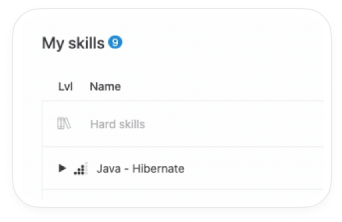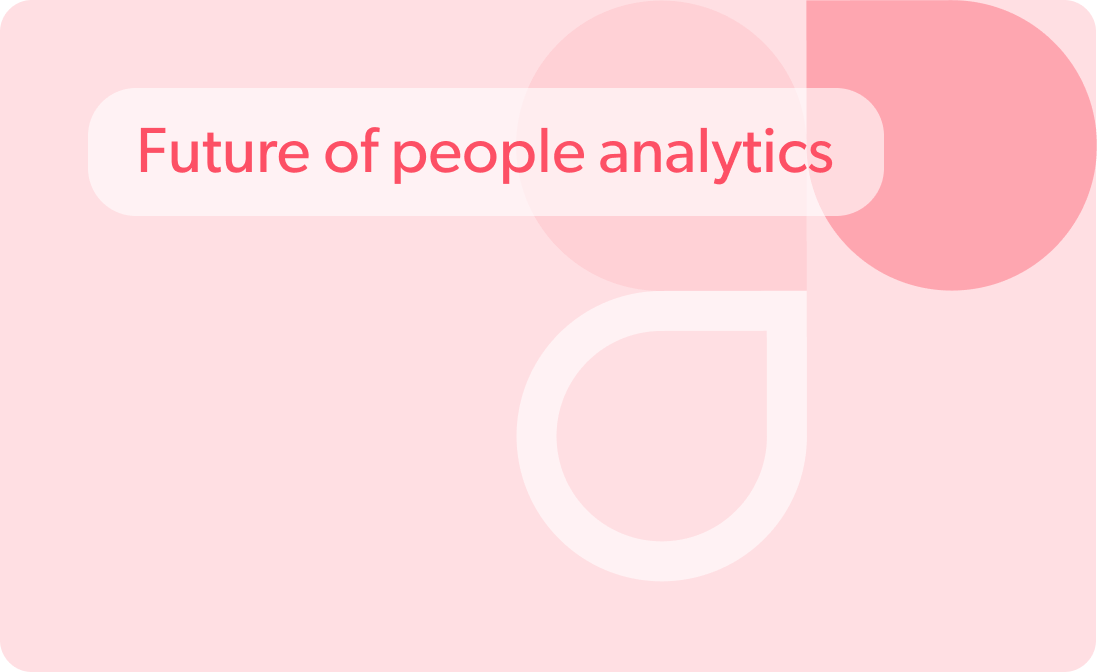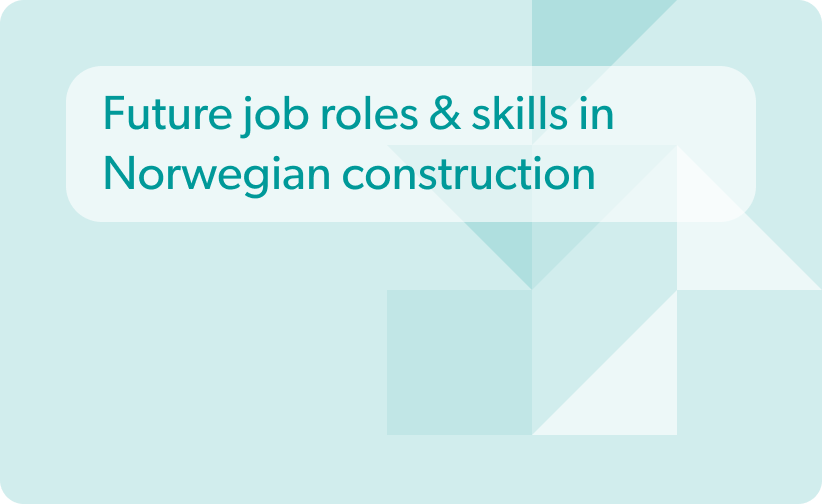Building critical skills at your organization: Top future skills in demand and how to embrace them
The need for critical skills tops the list of HR priorities in 2021. Building the right skills and capabilities to flex and thrive in a fast-changing climate becomes truly vital today: 68% of HR leaders shared in Gartner’s CHRO survey in 2021 that critical skills and competencies are their key focus for the upcoming years. The COVID-19 pandemic impact, the shift to remote & hybrid work, and the need to redesign the workplace push HR leaders towards upskilling and reskilling initiatives to support their organizational priorities.
Well, what are those so coveted future-forward critical skills? And how can HR leaders bring in and develop those skills in their organizations? Let’s sort things out.
Digital and data-related skills
Digital literacy
Obtaining digital skills becomes a near-universal requirement for employees, whatever industry and roles we’d talk about. Digital skills include a vast range of competencies: from using the internet, computers, and software, working with social media and communication tools, to online security, data privacy management, information search skills, and more.
The demand for digital literacy is unsurprisingly skyrocketing. For instance, in the UK alone, digital skills are listed in 82% of online advertised openings. Openings that require digital skills represent a variety of sectors, including manufacturing, where machining and engineering software skills are in high demand.
Apparently, while workforce digitalization is essential for organizations, it also breaks new ground for employees: job roles requiring digital literacy are paid higher, help promote career development, and even avoid the risk of automation. For instance, specific digital skills such as design, writing, or communication are difficult to automate and remain critical for business.
Data analytics
Another set of future skills that get increasingly important relates to data and analytics. Machine learning, probability and statistics, data management, econometrics, and other data science and analytics-related skills are no longer nice-to-haves but a must to stand out across industries.
A recent PwC report states that by the end of 2021, 69% of employers will require data science and data analytics skills from their candidates.
Among the essential skills in this category, there is knowledge of at least one analytical programming language like R, MATLAB or Python, basics of SQL to write basic database queries, and advanced Microsoft Excel skills.
The market request for data and analytics skills combined with digitalization also shapes the demand for professionals with hands-on specific tech solutions, tools, and platforms, essential for data processing, management, and visualization. Of course, each function considers different mastering tools, e.g. marketing, HR, retail, and engineering professionals will need to deep-dive into separate platforms.
Critical thinking and interpersonal skills
Along with pushing organizations and employees towards digitalization, the future workplace concept also requires enhancing cognitive and interpersonal skills.
One of the crucial skillets here is the ability to embrace change. To get their organizations ready to innovate and face future challenges, the first thing HR leaders need to drive is employees’ flexibility and adaptability to shifts in the workplace.
It’s equally important, though, to develop problem-solving, the ability to search for relevant information, detect biases, ask the right questions, demonstrate active listening, and embrace storytelling and other skills related to critical thinking and communication.
Other than that, HRs need to keep an eye on building in their companies such interpersonal skills as collaboration, the ability to resolve conflicts, motivate and empower others, foster a culture of inclusiveness, demonstrate empathy, sociability, and in general develop relationships at the workplace.
Leadership skills
According to McKinsey’s study, nine in ten CEOs believe leadership skills are vital, especially for constantly growing and expanding companies. Skills like helping others grow, leading by example, driving change and innovation, demonstrating ownership and persistence, and inspiring others are essential for building a future-forward organization.
In turn, fostering a culture that promotes leadership skills requires implementing such practices as mentoring, maintaining regular feedback, providing opportunities to grow, and encouraging employees to take leadership skills training.
How to bring top future skills in your organization
Apparently, the process of embracing future skills won’t happen overnight and requires a strategical approach. However, there are a few learning and development strategies that HR leaders can initiate right away to pave the way for their future-proof workforce:
- Review and update existing training programs to include educative content focused on increasing digital literacy and improving interpersonal or leadership skills.
- Bring in a peer-to-peer training format. With such an approach, you as HR will lay the foundation for future mentoring and coaching initiatives and start growing leaders within your organization.
- Provide self-training programs. This way, you’ll motivate your employees to gain new knowledge and skills and align their professional development interests with company goals and needs.
Sure thing, strategies for building critical skills within an organization will bear good fruit only with clear company goals at place, analysis of the company’s existing skills and talents, and strategically planned steps towards the organization obtaining critical future skills.
Stay up to date with our newsletter
Every month, we’ll send you a curated newsletter with our updates and the latest industry news.


























 info@hrforecast.de
info@hrforecast.de
 +49 89 215384810
+49 89 215384810






